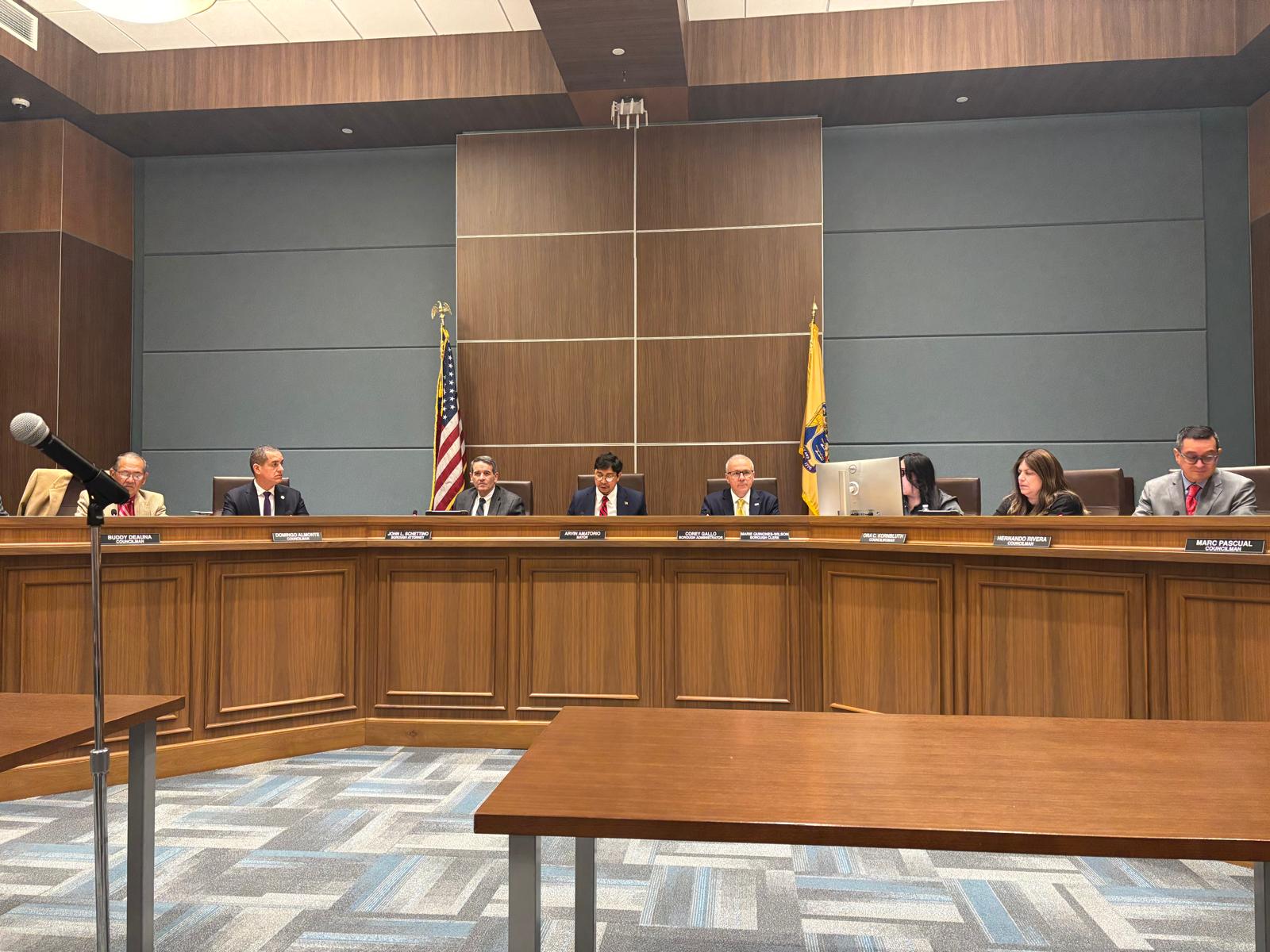“And He (God) called to Moshe…” (1:1)
These unusual words introduce the sefer Vayikra, third book of the Torah. Why doesn’t this sefer begin with the usual “And God spoke to Moshe saying…”?
There are two other times in which God “calls” Moshe—at the burning bush (Shemot 3:4) and at Mount Sinai (Shemot 19:13, 19:20, and 24:16). Since the two other times— charging Moshe with going back to Egypt to redeem the Jewish people and the giving of the Torah—described God calling Moshe to monumentally important tasks, this is clearly a language reserved for missions of great significance.
What is so significant about the beginning of this book of Chumash that it warrants the use of this special word, especially given the fact that all that follows are the commands about sacrifices?
How was animal sacrifice a meaningful experience and how did it help people grow spiritually and closer to God?
My rosh yeshiva, Rav Yaakov Weinberg zt”l, explained that we ask this question because we no longer have a basic desire which was once the norm for all humans—the burning drive for a relationship with a higher being. God created this craving as part of human nature. This explains why throughout Tanach, generation after generation succumbed to idolatry, a form of worship that we do not desire on any level. Serving idols enabled them to satisfy the overwhelming passion they had to tangibly connect with a higher power. When harnessed properly, this desire led to serving God on the highest of levels.
However, it reached a point where the negatives associated with this craving, including the mass paganism it produced, outweighed the positives. Therefore, our Sages prayed that God should remove this desire from our hearts (Yoma 69b). As a result, we lost the desire to connect to a higher being. This protected us from idolatry, but this also stunted our spiritual drive.
Sacrifices spoke to those who had this desire to serve a higher power. There needed to be some kind of physical manifestation of their emotional connection to God. Literally giving themselves would be the highest form of this expression but the Torah forbids suicide. In its place, we could offer animals to God. The Torah mandates leaning on the animal before it is slaughtered. This enabled the individual to feel the warmth of this live being and to really feel like the offering of this animal is a replacement for him.
Now we can understand why the term “vayikra” is used in our parsha for God speaking to Moshe. After being redeemed from Egypt and receiving the Torah, the next major calling is for us to come closer to God and to sacrifice in order to experience that closeness.
How can we sacrifice in our times and come closer to God through that sacrifice? Move to Israel. Living in Israel requires great sacrifice. Israelis live surrounded by enemies who seek to destroy it and kill or injure its citizens, and there is a requirement and need to serve in the military. Many olim must sacrifice economically to live in Israel and it is challenging to earn a living in the Holy Land. There is also the sacrifice of moving away from family and from the comforts that one has grown up with.
But that sacrifice yields the ultimate goal of our lives—growing closer to God. The midrash teaches (Tehilim 113) that if one wants to experience God’s Presence they should study Torah in Israel. The Seforno (Devarim 4:38) and the Malbim (Bereishit 28:4) teach that Israel is prepared for the highest levels of holiness and connection to God. Rav Hirsch (Shemot 23:20) writes that “the characteristics of the soil of the Land of Israel and the climate and physical properties which were accorded to the land, are all in accordance with the mission that the life of the nation, based on the spirit of God and His Torah, was meant to develop.”
As we read the beginning of Vayikra, we should internalize the high calling of sacrificing to feel a closeness to God and when doing so, living in Israel, should, at the very least, enter into the equation.
Rabbi Dov Lipman was elected to the Knesset in 2013, making him the first American-born MK in 30 years. The author of 9 books about Judaism and Israel, and an international lecturer, Rabbi Lipman is the founder and CEO of Yad L’Olim, an NGO that assists olim from around the world. He is a member of Mizrachi’s Speakers Bureau (www.mizrachi.org/speakers).













